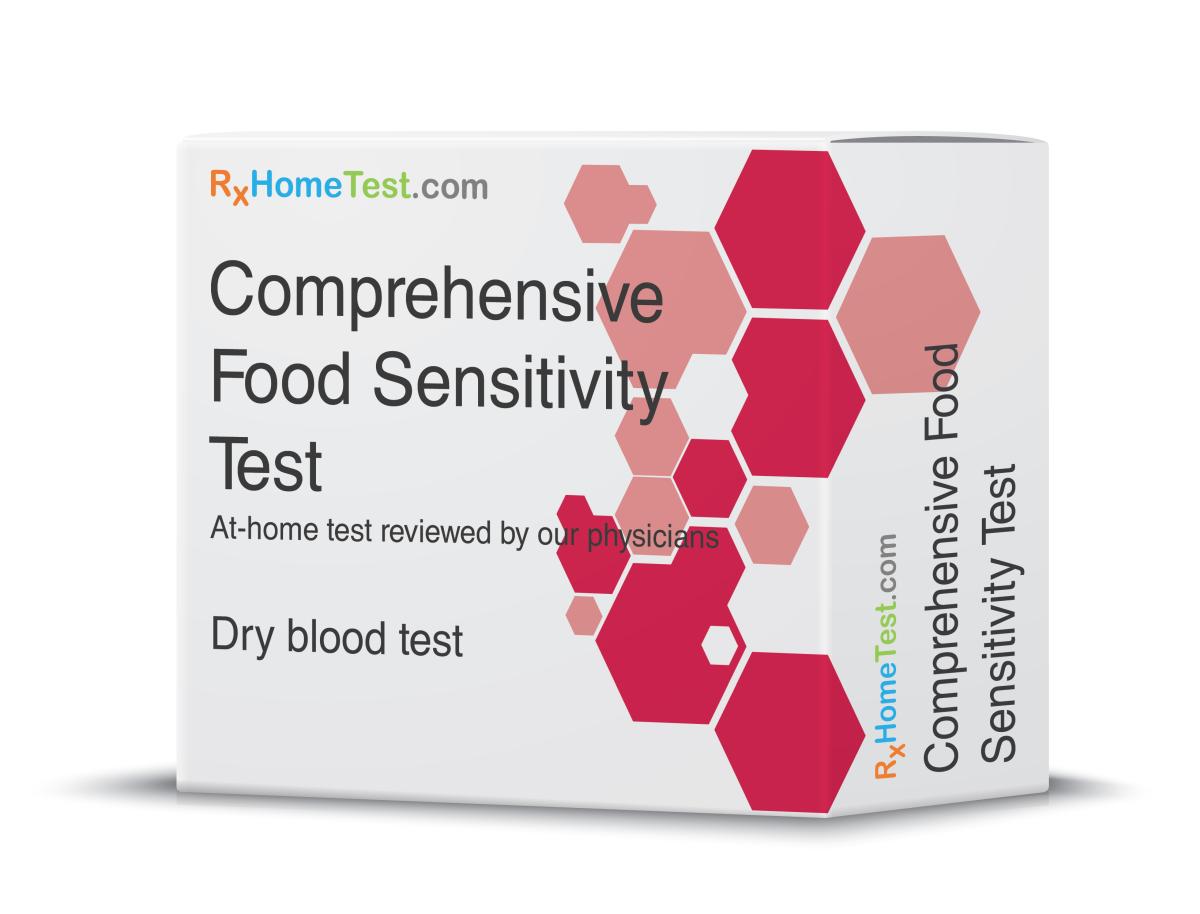
Just got your food sensitivity results back? Learn what to do next, from talking with a healthcare professional to cutting out certain foods.
Are you feeling tired, sluggish, or generally under the weather? Before you assume it’s just stress or a bout of illness, consider whether food sensitivity could be playing a role. Food sensitivities can cause symptoms like fatigue and more serious illnesses that can take some detective work to track down. A great place to start is with an at-home food sensitivity test, but what do you do after the results come in? In this post, we’ll explain what to do with your food sensitivity test results so that you can move one step closer to improving your health.
It is important to read through your test results carefully, as they will provide specific details about which food items cause you the most difficulty. The results will also note how severe your body’s reaction is to each food item. Longer the line marked for a food higher the sensitivity. The report provides a personalized diet plan that is specifically designed based on your results. It is a great way to eliminate or reduce the food items with higher sensitivities in your meals. Just rotate these foods in your diet for next few days to see if your symptoms return.
Your results can help tailor your diet to make sure it does not contain any foods that could trigger sensitivities. For example, if dairy is a problem, you may want to cut out all dairy products from your diet and replace them with other dietary sources of calcium.
If you already know certain foods that cause problems and you have not been eating them, the body is no longer producing antibodies against them. Therefore, they will not show up in your report. For example, if you have not been eating gluten for few weeks, the report will not show high sensitivity to gluten, gliadin, or wheat. In such cases, following the diet rotation plan, or eating small amounts might confirm your symptoms. In rare cases, foods may cross-influence each other, e.g., pollen sensitivity may also be flagged by honey if you are eating raw unfiltered local honey. That's why it's good to rotate the diet plan suggested by the report to confirm which part might be causing your sensitivities.
Another thing to do with your food sensitivity test results is to discuss them with a healthcare professional. A professional can help interpret your test results and provide advice on how to manage your food sensitivities. They can work with you to create an individualized plan for managing your diet in order to minimize any potential problems with food sensitivities. This is especially important for cases where medication or certain health conditions might interfere with the results.
By taking the time to review and act on your food sensitivity test results, you can ensure you are managing your sensitivities in a safe and effective manner. Taking these steps will not only help you feel better but also improve overall health and well-being.
If you are concerned about potential food sensitivities, consider taking a comprehensive food sensitivity test from RxHomeTest. Our tests provide detailed information on which food items may cause negative reactions in your body and how to avoid them. With the help of our tests, you can take control of your health and make sure the food you eat is safe and nutritious.

Food Allergies vs Food Sensitivities: What’s the Difference? - read about the key differences.
Why You Should Get Tested Before Adopting a Gluten-Free Diet? - 4 reasons to get tested.
The 5 Most Common Types of Food Sensitivities Among Adults - sensitivities are common, but some are more frequent.
Food Allergies in Children - learn about the risk & how to grow out of them.
Sensitivity to Food – Allergy, Intolerance, and Celiac Disease - different ways in which food can affect us.
Celiac – FAQs - key facts about gluten intolerance.